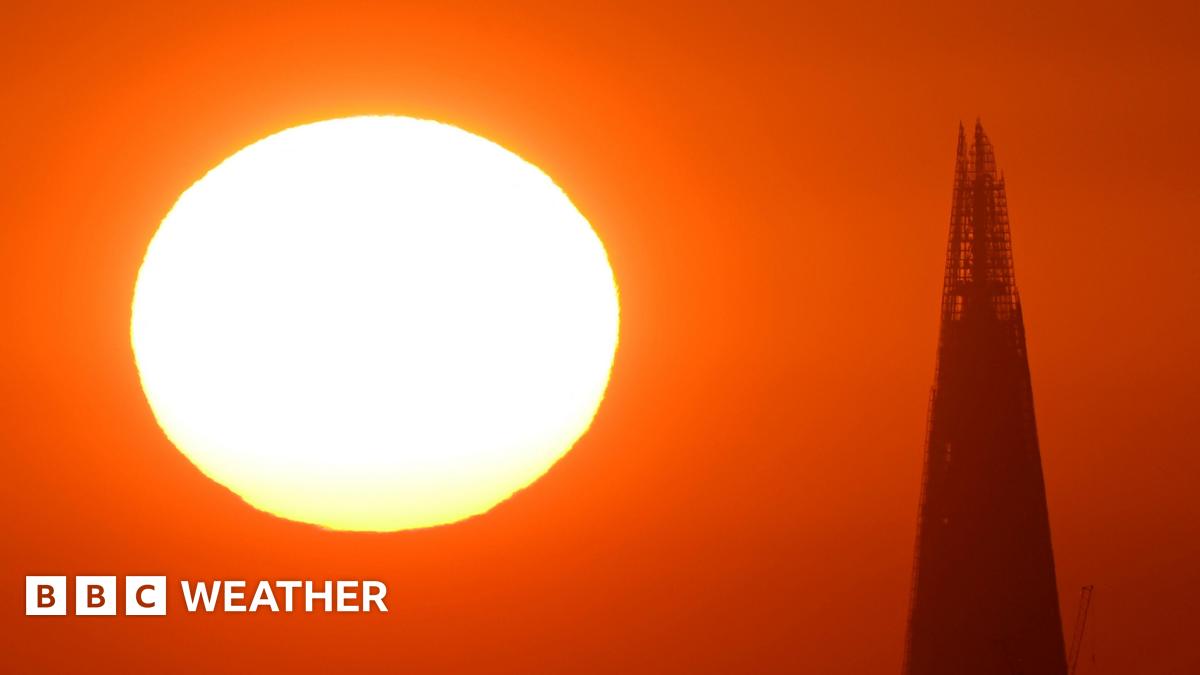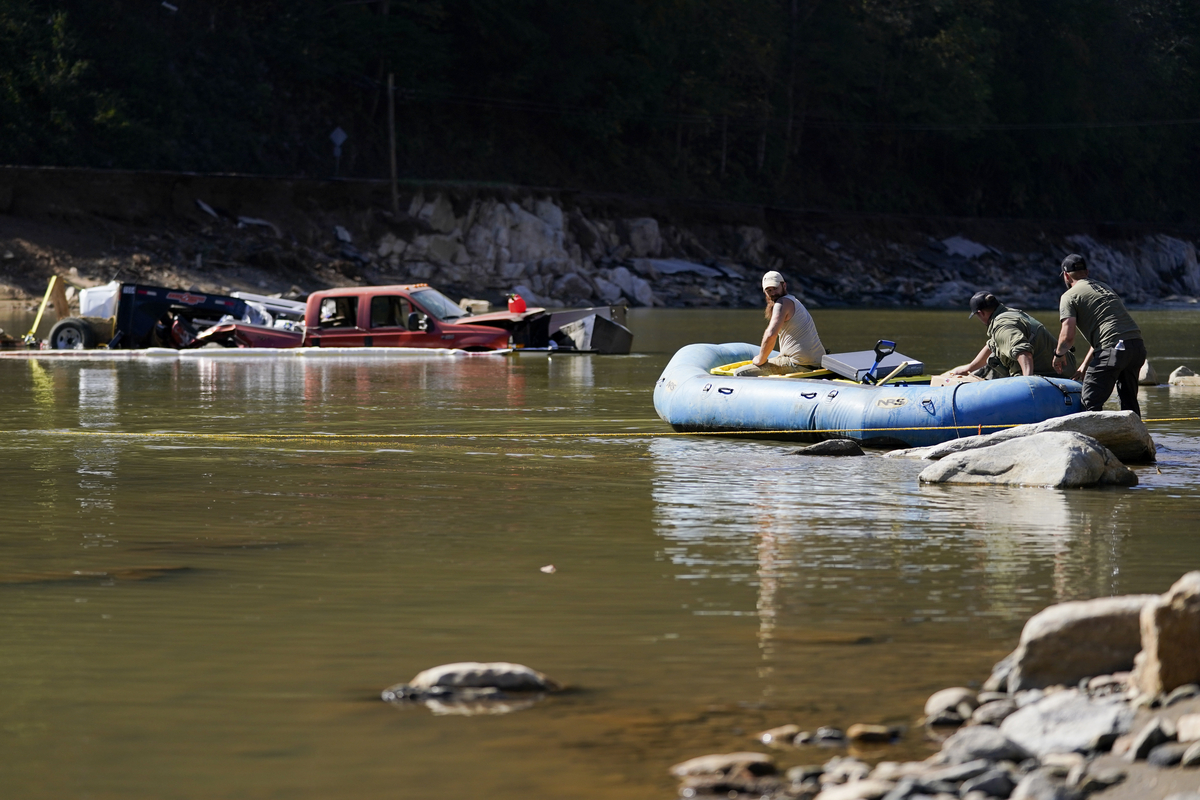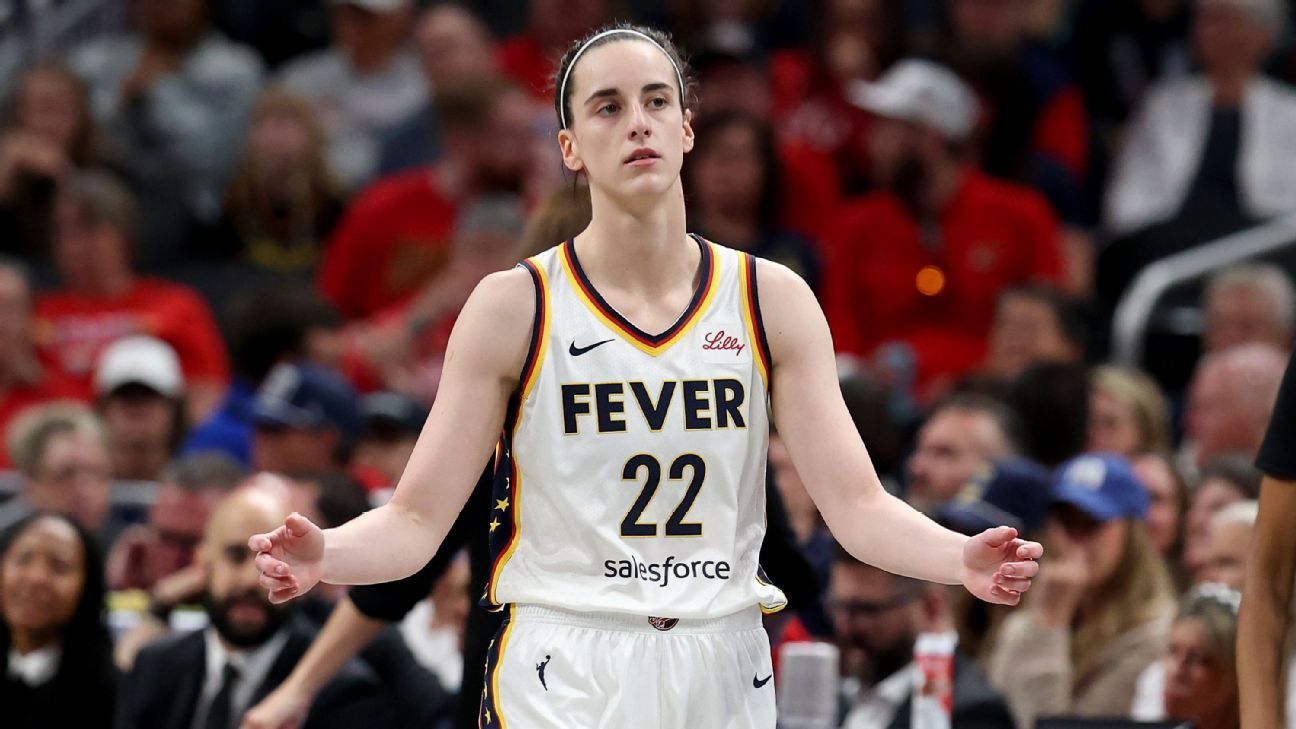Why Do UK Cities Bake? Exploring The Causes Of Urban Heatwaves

Welcome to your ultimate source for breaking news, trending updates, and in-depth stories from around the world. Whether it's politics, technology, entertainment, sports, or lifestyle, we bring you real-time updates that keep you informed and ahead of the curve.
Our team works tirelessly to ensure you never miss a moment. From the latest developments in global events to the most talked-about topics on social media, our news platform is designed to deliver accurate and timely information, all in one place.
Stay in the know and join thousands of readers who trust us for reliable, up-to-date content. Explore our expertly curated articles and dive deeper into the stories that matter to you. Visit Best Website now and be part of the conversation. Don't miss out on the headlines that shape our world!
Table of Contents
Why Do UK Cities Bake? Exploring the Causes of Urban Heatwaves
The UK, a nation known for its unpredictable weather, is increasingly experiencing intense urban heatwaves. While a sunny summer might seem idyllic, soaring temperatures in our cities present serious health risks and infrastructure challenges. But why do UK cities bake, seemingly hotter than the surrounding countryside? The answer is complex, involving a confluence of factors. This article delves into the science behind the urban heat island effect and explores potential solutions.
The Urban Heat Island Effect: A Concrete Jungle's Fever
The core reason behind higher city temperatures is the urban heat island (UHI) effect. This phenomenon describes the tendency for urban areas to be significantly warmer than their rural surroundings. This difference can be substantial, sometimes reaching a difference of 10°C or more. Several factors contribute to this effect:
-
Building Materials: Concrete, asphalt, and brick absorb and retain significantly more heat than natural surfaces like vegetation and soil. These materials radiate heat back into the atmosphere, creating a localized warming effect. Think of it like leaving a dark-colored car in the sun – it gets scorching hot!
-
Lack of Vegetation: Trees and plants provide crucial shade and evapotranspiration (the process of water evaporating from leaves), cooling the surrounding air. The scarcity of green spaces in many urban areas exacerbates the UHI effect.
-
Waste Heat: Industrial processes, traffic congestion, and air conditioning units release vast amounts of heat into the atmosphere. This anthropogenic heat contributes significantly to higher urban temperatures, especially during peak hours.
-
Reduced Wind Flow: Tall buildings and dense structures disrupt airflow, preventing the dispersal of heat and trapping warm air within the urban canyon.
Health Impacts and Infrastructure Strain
The consequences of these soaring temperatures are far-reaching:
-
Increased Heat-Related Illnesses: Heatwaves can lead to heatstroke, dehydration, and cardiovascular problems, particularly affecting vulnerable populations like the elderly and those with pre-existing health conditions. The NHS offers crucial guidance during heatwaves.
-
Strain on Infrastructure: Extreme heat can damage roads, railway lines, and other infrastructure, leading to costly repairs and disruptions. Air conditioning demand surges, placing strain on energy grids and potentially leading to power outages.
Mitigating the Urban Heat Island Effect: A Call for Green Solutions
Addressing the UHI effect requires a multi-pronged approach:
-
Green Infrastructure: Increasing green spaces, planting trees, and creating green roofs and walls can significantly reduce urban temperatures. These initiatives not only cool the city but also improve air quality and biodiversity.
-
Sustainable Building Materials: Employing materials with high reflectivity (albedo) can help reduce heat absorption. Light-colored pavements and roofs can significantly reduce the urban heat island effect.
-
Improved Urban Planning: Designing cities with better ventilation and incorporating green corridors can help disperse heat and create cooler microclimates.
-
Reducing Waste Heat: Promoting sustainable transport, improving energy efficiency in buildings, and encouraging the use of renewable energy sources can reduce anthropogenic heat emissions.
Conclusion: A Cooler Future for UK Cities
The increasing frequency and intensity of urban heatwaves in the UK demand urgent action. By understanding the causes of the urban heat island effect and implementing effective mitigation strategies, we can create healthier, more sustainable, and more resilient cities for future generations. The time to act is now. Let's work together to build cooler, greener, and more comfortable urban environments.

Thank you for visiting our website, your trusted source for the latest updates and in-depth coverage on Why Do UK Cities Bake? Exploring The Causes Of Urban Heatwaves. We're committed to keeping you informed with timely and accurate information to meet your curiosity and needs.
If you have any questions, suggestions, or feedback, we'd love to hear from you. Your insights are valuable to us and help us improve to serve you better. Feel free to reach out through our contact page.
Don't forget to bookmark our website and check back regularly for the latest headlines and trending topics. See you next time, and thank you for being part of our growing community!
Featured Posts
-
 So Fis Return To Crypto A Deeper Dive Into Blockchain Innovation
Jul 01, 2025
So Fis Return To Crypto A Deeper Dive Into Blockchain Innovation
Jul 01, 2025 -
 Trump Administration Cuts Off Crucial Satellite Data For Storm Forecasting
Jul 01, 2025
Trump Administration Cuts Off Crucial Satellite Data For Storm Forecasting
Jul 01, 2025 -
 Analyzing Wimbledon Day 1 Key Womens Matches And Winning Probabilities
Jul 01, 2025
Analyzing Wimbledon Day 1 Key Womens Matches And Winning Probabilities
Jul 01, 2025 -
 Kelsey Mitchells 32 Points Lead Fever Past Bueckers Wings In Close Contest
Jul 01, 2025
Kelsey Mitchells 32 Points Lead Fever Past Bueckers Wings In Close Contest
Jul 01, 2025 -
 Nascar Race 250628 Recap Elliotts Unforeseen Victory
Jul 01, 2025
Nascar Race 250628 Recap Elliotts Unforeseen Victory
Jul 01, 2025
Latest Posts
-
 Financial Issues And Gambling Allegations Surround Nbas Michael Beasley
Jul 03, 2025
Financial Issues And Gambling Allegations Surround Nbas Michael Beasley
Jul 03, 2025 -
 Darren Waller Unretires Dolphins Acquire Tight End In Trade
Jul 03, 2025
Darren Waller Unretires Dolphins Acquire Tight End In Trade
Jul 03, 2025 -
 Darren Waller Unretires Traded To Miami Dolphins Nfl Trade Details
Jul 03, 2025
Darren Waller Unretires Traded To Miami Dolphins Nfl Trade Details
Jul 03, 2025 -
 Damian Lillard Waived Myles Turner Signed Full Bucks Free Agency Update
Jul 03, 2025
Damian Lillard Waived Myles Turner Signed Full Bucks Free Agency Update
Jul 03, 2025 -
 Commissioners Cup Final Fever Star Clark Sidelined
Jul 03, 2025
Commissioners Cup Final Fever Star Clark Sidelined
Jul 03, 2025
